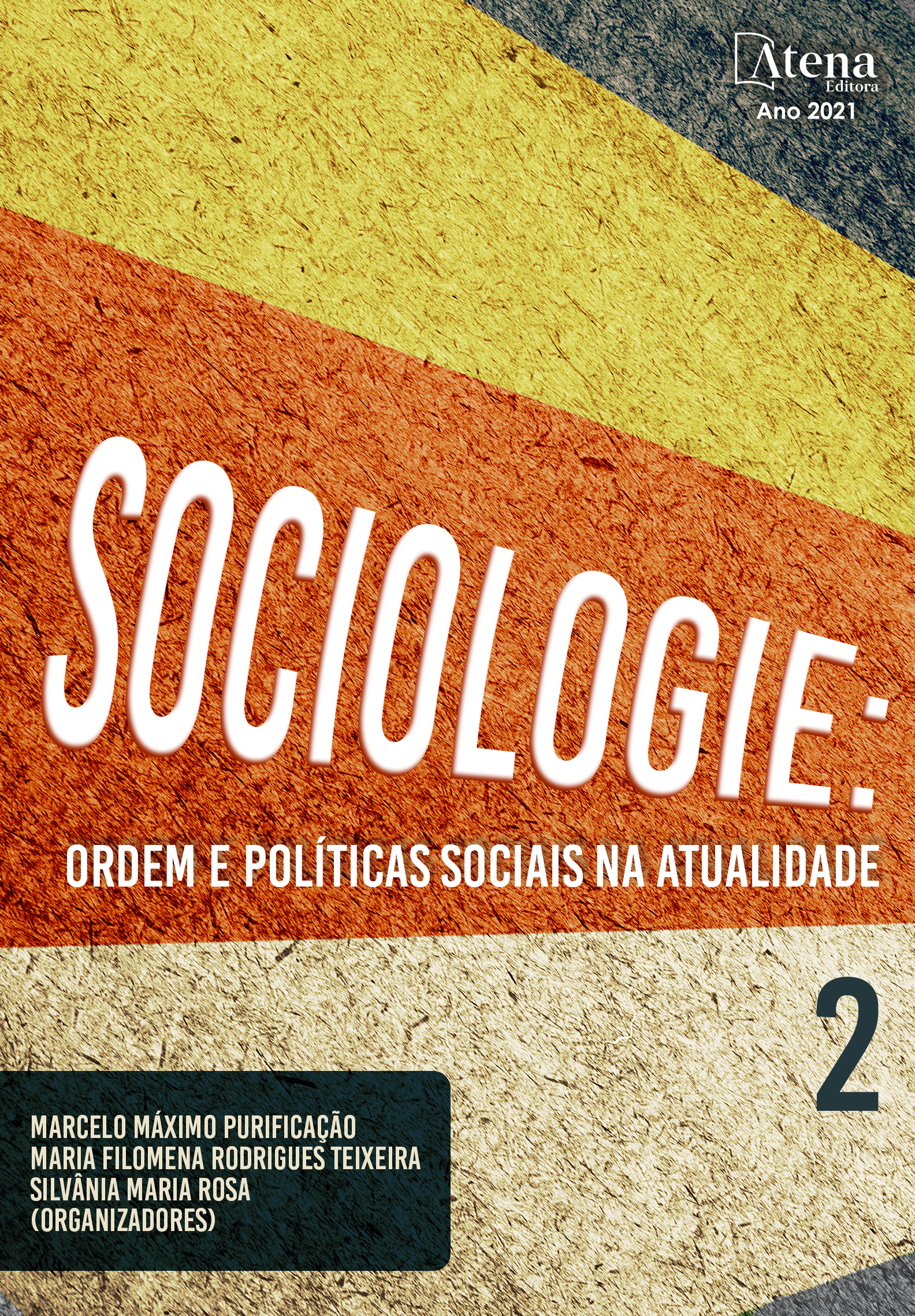
POLÍTICAS DE AÇÃO AFIRMATIVA PARA A EDUCAÇÃO SUPERIOR: UM ‘ESTADO DA QUESTÃO’ SOBRE A PARTICIPAÇÃO POLÍTICA ESTUDANTIL
Esta pesquisa é de caráter bibliográfico e procura estabelecer o ‘Estado da Questão’ sobre o tema das políticas de ação afirmativa para a educação superior; e da participação política de estudantes cotistas na construção das políticas afirmativas em universidades públicas. Os objetivos se prestam a delimitar e caracterizar as especificidades das produções científicas nesta área do conhecimento. As principais fontes de informação são artigos científicos, livros, teses e dissertações. O corpus de dados foi constituído por bases de dados nacionais e internacionais. Permeia nossa interpretação do objeto de estudo a perspectiva de Nancy Fraser (2010), com o enfoque priorizado nas pessoas de direito, que se justifica pelo entendimento de que estas são o centro da política e, como tal, produzem demandas e justificativas por justiça social que necessitam ser (res)significadas nas instituições deliberativas do Estado. O estudo analisa em torno de mil e quinhentas fontes de informações especializadas, constatando que nas investigações, quantitativas e/ou qualitativas, sobre política afirmativa para a Educação Superior, predominam abordagens sobre raça, racismo e relações raciais no Brasil. Os resultados obtidos apontam que há escassez da abordagem indireta e inexistência de abordagem direta sobre a temática priorizada em nosso estudo. As investigações que tratam de forma indireta da participação de estudantes cotistas no processo de construção das ações afirmativas junto às universidades indicam que, embora tais instituições apresentem progresso nas pautas de participação política, de responsabilização deliberativa e consultiva dos grupos e pessoas de direitos na produção de sentidos para as políticas públicas, ainda possuem um modelo de gestão educacional permeado pelo conservadorismo, que aflora (ainda mais) em períodos de tensão social e econômica, como na atualidade.
POLÍTICAS DE AÇÃO AFIRMATIVA PARA A EDUCAÇÃO SUPERIOR: UM ‘ESTADO DA QUESTÃO’ SOBRE A PARTICIPAÇÃO POLÍTICA ESTUDANTIL
-
DOI: 10.22533/at.ed.8022129116
-
Palavras-chave: Educação Superior; Justiça Social; Política Afirmativa; Participação Estudantil.
-
Keywords: Higher Education; Social justice; Affirmative Policy; Student Participation.
-
Abstract:
This research is bibliographical in nature and seeks to establish the 'State of the Question' on the theme of affirmative action policies for higher education; and the political participation of quota students in the construction of affirmative policies in public universities. The objectives are intended to delimit and characterize the specificities of scientific production in this area of knowledge. The main sources of information are scientific articles, books, theses and dissertations. The data corpus consisted of national and international databases. The perspective of Nancy Fraser (2010) permeates our interpretation of the object of study, with a prioritized focus on people with rights, which is justified by the understanding that they are the center of politics and, as such, produce demands and justifications for social justice that need to be (re)signified in the deliberative institutions of the State. The study analyzes around fifteen hundred sources of specialized information, noting that quantitative and/or qualitative investigations on affirmative policy for Higher Education predominate approaches to race, racism and racial relations in Brazil. The results obtained show that there is a scarcity of an indirect approach and a lack of a direct approach on the theme prioritized in our study. The investigations that indirectly deal with the participation of quota students in the process of building affirmative action with universities indicate that, although such institutions show progress in the agendas of political participation, deliberative and consultative accountability of groups and people with rights in the production of meanings for public policies, they still have an educational management model permeated by conservatism, which emerges (even more) in periods of social and economic tension, such as today.
-
Número de páginas: 20
- Neusa Chaves Batista
- Rita de Cássia Soares de Souza Bueno


